|
Cold sores can be a major pain. Not only do they look bad and feel irritating, but they can often carry an annoying social stigma that affects everything, from your relationship prospects to your professional life.
Luckily, cold sores are reasonably easy to get rid of. Most of the time, they will heal on their own within a couple of weeks. However, for the fastest recovery, there are various cold sore treatments through which you can heal quickly. We’ve listed some of the most effective and fasted ways to heal a cold sore. Cold SoresCold sores are common and mostly harmless. They’re caused by the herpes simplex virus, which spreads quickly from one person to another. In some people, the virus might cause a cold sore once or twice and never return again. But for other people, they rear its head continuously. They tend to go away on their own within two weeks. However, that doesn’t make them any less annoying. Fastest ways to heal a cold sore Below are three things that can help cold sore to disappear quicker. 1 DIY home remediesWhen used early, multiple remedies can help ease the pain and reduce inflammation – and may even shorten the duration of a cold sore, which includes:
2 Apply topical creams and ointmentsOver-the-counter anesthetic creams, like benzocaine or lidocaine, can help manage the pain. Like benzyl alcohol or docosanol, some product ingredients may even promote faster healing when used early and in the right amounts. 3 Prescription medicationsAntiviral drugs, such as acyclovir, penciclovir, and famciclovir, can help you get rid of cold sores quickly. Suppose you’re experiencing some of the severe side effects of having a cold sore. In that case, your doctor may prescribe you antiviral medication. Pro Tip: to make cold sore heal faster, the best thing you can do is to start cold sore treatment as soon as possible. A burning sensation on your lips or face can be an early sign of cold sore development. The earlier you start reducing swelling and treating the cold sore, the faster it will heal. Cold Sore PreventionThough the virus that causes cold sores does not have a cure, there are specific measures that you can take to prevent outbreaks. These preventive measures include:
Final words Cold sores can be painful and annoying. When you’ve got an important event to attend, use these tips to get rid of a cold sore quickly, prevent future outbreaks, and restore your beautiful smile.
0 Comments
Brushing your teeth twice a day and flossing daily helps you fight against tooth decay, bad breathe and gum disease. However, cleaning your teeth every day at home is only a part of a good oral hygiene routine. Having a "full dental exam" helps your dentist look for more significant problems, such as oral cancer, gum disease, or other oral issues that we only see when it's in severe condition. On the other hand, getting your teeth checked at the dental office prevents oral diseases and treat them at an early stage if your dentist finds any.
So, how often should you visit your dentist for a dental exam? Let's find out. When to visit a dentist for a dental exam Dental treatments are no one-size-fits-all models. Dentists and hygienists know each patient's dental needs and plan the treatment accordingly. A schedule of a regular dental check-up twice a year works well for most people who have average teeth. Some of you can get away with fewer visits, whereas others need to go more often. For a comprehensive dental exam, it's recommended to visit once after every three years. Your dentist can check for problems that you may not see or feel yet, like oral cancer and gum disease. Who needs more frequent visits? Some health and lifestyle-related conditions require more frequent visits. Your dentist might recommend your regular dental check-ups every three or four months if any of these conditions apply to you:
Who needs less frequent visits? Even if you've got an excellent oral hygiene routine, you still need to regularly see your dentist. A few individuals can get away with one a year dental check-ups. These include:
Make sure you get your teeth checked at a dental office and find out about the schedule that's best for you and your health. If you're planning to go for a dental check-up in Houston, you may also want to know "what is included in a dental check-up?" Benefits of a Dental Exam The dental exam's benefit is to provide a full assessment and diagnose any issues in an early stage. Between each dental check-up, your dentist will perform a recall exam. This exam will be done every 6-12 months, depending on your dental needs. While regular dental check-up is beneficial, it lacks several diagnostic tools and assessments used in a complete dental exam. Despite several advantages of a full dental exam, dental check-ups' average cost is much more affordable than having a severe oral health issue. You can find more about "How much does a dental exam cost?"
Generally, nobody likes to walk around with a chipped tooth or a large gap between their front teeth. But now, in this day and age, you don’t really have to since there are so many ways to improve your smile. Dental bonding is one of the best options used extensively on front teeth to resolve these problems.
What is Dental Bonding? Tooth bonding is a cosmetic procedure to improve teeth’s appearance. In this treatment, the tooth-colored composite resin is prepared and applied directly to your teeth. The resin is a dough-like material that can be molded in the desired shape, which then hardens using a bright blue (UVA) light. Teeth bonding is used for teeth that have been decayed, chipped, discolored, or a large gap between the front teeth. It is also a common way to treat roots that have receded as a result of gum disease. How Long Does Tooth Bonding Last? Dental bonding on the front teeth can last between 4 and 8 years. Though it depends on the location of your bonded tooth, eating habits, and your bite. Dental bonding will probably last longer if you avoid biting and chewing hard foods that can compromise the structure of your teeth bonding. Maintenance of Dental Bonding As dental bonding can chip and stain, you need to give it special care to make it last longer. Below are some tips to keep your dental bonding on front teeth in good shape for a longer period:
What does Tooth Bonding Cost? The cost of dental bonding is relatively much cheaper than its alternatives, such as porcelain veneers. Depending on your reason for having this treatment, your insurance might cover a percentage of it too. When your dentist recommends teeth bonding for structural reasons or to fill a cavity, you can likely obtain coverage than if it is for cosmetic reasons. The tooth bonding procedure is often completed in one visit to your dentist’s office. Learn more about “How much does teeth bonding cost?” Is Bonding Better than Veneers? The decision to choose between bonding and veneers lies within cost, durability, and appearance. The appearance of teeth bonding and veneers are very much alike and natural. However, dental bonding is much more affordable but less durable than veneers. So the best answer lies within your dental needs. Find more about which one best suits your needs and ask your dentist about these procedures. Benefits of Dental Bonding
Drawbacks of Dental Bonding
8714 Spring Cypress Rd #210, Spring, TX 77379, United States (281) 655-0500 Invisalign is growing in popularity as an orthodontic treatment because they are clear and nearly invisible and can be taken out during eating and brushing.
One of the first questions that people often ask our orthodontists about Invisalign is, “How long will Invisalign take to straighten my teeth?” The answer, however, is not the same for everyone. For simple cases, treatment time can be as short as 6 months. Usually, Invisalign takes 12-18 months to straighten your teeth. For more complex cases, like crowded teeth, the treatment can take 24 months or slightly longer. While some crowding cases are too severe for Invisalign to be effective, dentists may recommend traditional braces combined with other orthodontic treatments. Every case is unique, as every person has slightly different teeth, which impacts treatment time. Why does Invisalign treatment time vary? Many factors can affect the treatment time. Some main factors include:
During your initial dental consultation, your orthodontist will give you an estimation of how long your Invisalign will take. They will develop a treatment plan that includes estimated time, recommended treatments, and the Invisalign cost. Reasons why Invisalign timeline may be different to you Many people begin seeing initial results in a couple of months. Yet, the actual time for your teeth straightening depends on several factors. 1 Severe Alignment Issues Some people require more in-depth changes to get their desired outcome. When your dental problems involve the teeth and jaw, your orthodontist may use multiple approaches. 2 Crowded Teeth For the cases of very mild crowding of teeth, the correction time can take only 6 months. However, in severe crowding cases, your orthodontist will continue to provide aligners until your teeth are straight. This will likely extend your treatment time but giving you a beautiful smile you desire in the end. 2 Gaps in Teeth For gapped teeth, treatment may take a longer time. Gaps can occur due to the structure of your gum or if your teeth grew spaced apart. These cases may need a longer time as some teeth have to move further. How to shorten your treatment time You can do a few things to ensure your treatment time is as short as it can get.
While clear aligner treatment, such as Invisalign, isn’t as intrusive as traditional braces. Overall, the shorter the treatment is, the sooner you can get your shinning new smile. What do your grandmother, your toddler, and a football player have in common? Whether it’s because of age, a staircase accident, or a sports injury, they all might need to see a prosthodontist at some point.
Prosthodontics is a dentistry special concentrating on missing teeth. These trained medical professionals treat a range of oral issues. They also provide specialized care that suits each patient’s specific dental needs. In this guide, we will examine in detail what prosthodontists do. What is a Prosthodontist?A prosthodontist is a dentist who completes dental school along with three additional years of advanced training and education in a CODA-accredited prosthodontic graduate program. They specialize in treating and handling dental and facial problems, mainly involve in restoring missing tooth and jaw structures. A prosthodontist is highly trained in dental implants, crowns, dentures, bridges, cosmetics, temporomandibular disorders (TMJ/TMD), etc. How Prosthodontists differ from General Dentists?Prosthodontists focus on particular areas of dentistry and restoration. On the other hand, dentists do all the basics associated with maintaining your teeth functional and healthy. A dentist often refers you to a prosthodontist for work that’s outside general dentistry, just like the difference between your family doctor and an orthopedist. Why choose a Prosthodontist?A prosthodontist is a perfect choice due to their advanced training and education with advanced technology. They are extensively trained in modern techniques and procedures for treating complex dental conditions and restoring full function and esthetics. Industrious training and experience give prosthodontists a special understanding of restoring your smile and preserving your healthy mouth. What Prosthodontists doAs their name says (Prosthesis = addition, odont = tooth), these professionals plan and carry out dental procedures related to the restoration and replacement of natural teeth, partially or entirely, with biocompatible substitutes. Some of these treatments include:
If you have got a dental insurance plan, you may ask your provider about care coverage prior to your appointment. In some cases, cosmetic surgery and implants are not covered in an insurance policy. However, it may cover trauma injuries or restorative procedures like dentures or crowns. While initially, you may not like a referral to a prosthodontist. It can be heartening to know that you’re in the hands of an expert specifically trained to help you achieve a healthy and complete smile. Having your wisdom teeth removed is common—more than 10 million wisdom teeth are extracted each year in the US. But even so, many of us know relatively little about it. To wear off all the fears, we educate our patients about wisdom teeth and the importance of wisdom teeth removal to prevent further dental complications.
The common perception of wisdom teeth extraction is often misguiding. In fact, the entire process is quite simple. Therefore, it’s good to know what type of dentist removes wisdom teeth. Knowing the professionals can often help people feel more comfortable with the idea, as at first, it might be scary. Let’s discuss who removes wisdom teeth and why a qualified person is necessary to do so. Who performs wisdom tooth extractions? There is more than one type of specialist that can perform wisdom tooth extractions. Multiple dental specialists have the knowledge and ability to remove the wisdom teeth, while almost all dental professionals are academically taught and trained to remove the wisdom teeth. However, not every dental professional offers wisdom tooth services. Sometimes, a general dentist won’t have the ability or proper resources to remove a person’s wisdom teeth. Mainly due to office space or own comfort. A person is usually referred to as an oral surgeon, periodontist, or maxillofacial surgeon in these circumstances. General Dentist Every general undergoes training in wisdom teeth extraction procedure. Still, some may not opt to offer it at their dental clinic. Moreover, some offices aren’t equipped for this procedure as such. That’s why they may refer the person to a different office. Nevertheless, they’re still able to do the follow-up dental checks and cleanings after the wisdom teeth removal. Periodontist A periodontist is a specialist that works primarily on the supporting structures of the teeth. They are qualified to perform a wisdom tooth extraction, as they’re fully capable of pulling out the wisdom teeth. Oral or Maxillofacial Surgeon Oral surgeons are especially great for wisdom teeth removal surgery because they’re specialized in performing such invasive surgeries. The person’s general dentist often refers to an oral surgeon as they have the necessary space and equipment to properly perform wisdom teeth extractions. Likewise, maxillofacial surgeons can also remove wisdom teeth. Both oral and maxillofacial surgeons work on the jaw, mouth, face, and neck. They’re trained to handle and operate the hard and soft areas within the mouth. Thus, making them qualified enough to perform wisdom teeth extraction. Conclusion Undergoing wisdom teeth treatment can be scary. However, knowing who can perform the extraction can benefit you in a lot of ways. Different dentists or dental professionals are fully trained and capable of removing your wisdom teeth. You just have to understand the process and know aftercare recommendations, such as what to eat after wisdom teeth removal. Consult your dentist about who the right person is for you to perform wisdom teeth extraction surgery. Did your dentist tell you that you need a root canal? If yes, you’re not alone. With root canal treatment, dentists treat and save millions of teeth each year. Read our guide, which explains what root canal treatment is and how it can save your smile.
What is a root canal? A root canal treatment is a dental procedure that repairs damaged or infected teeth. Through this treatment, your dentist removes bacteria from the infected root canal, prevent reinfection of the tooth, and save your natural tooth along with your smile. The root canal treatment is done by dentistry professionals, called endodontists, who treat root pulp diseases present in your teeth. They treat your infected teeth by drilling into the center of the tooth root, disinfect, and fill the canals. A crack or cavity can infect your root pulp. If not treated, this root infection can cause several complications, such as swelling, bacterial infection, toothache, bone loss, and tooth abscess. Some people fear when they learn that they need a root canal treatment, mainly due to the prevalent root canal misconceptions. Some even believe root canal treatment can cause cancer. Learn more about the common misconception about root canals and how true are they? As the longer you postpone the treatment, the more you risk your chance to save your tooth. All you need to know about root canals A root canal or endodontic treatment is a straightforward dental procedure to relieve dental pain, disinfect, and save your teeth. Before engaging in any dental work, it’s crucial to know the facts about the root canal. Does a root canal hurt? A root canal isn’t more painful than regular dental treatment, such as wisdom tooth removal, thanks to local anesthesia given to patients. But yes, a root canal generally causes mild discomfort for a few days after the procedure. When do you need a root canal? Root canals are required for a cracked tooth or infection. Patients usually need a root canal when they experience the following symptoms:
Can we go to work or school after getting a root canal? Although you will likely experience numbness for 2-4 hours after the procedure, most patients return to work or school directly after a root canal. Yet, it is recommended not to eat until the numbness is completely gone. The comfort following a root canal depends on what you eat after your dental treatment. It is crucial for you to follow the diet plan and medications as prescribed by your dentist. You may also want to know “what to eat after a root canal?” How long does a root canal take? A root canal can take around thirty to ninety minutes on average. However, the actual time it will take depends on several factors. Learn more about how long a root canal takes before estimating the time you need to set aside for the treatment. How much does a root canal cost? The cost differs depending on the complexity of the problem. Molars are more complex to treat, so the fee usually is more. However, most dental insurance policies and dental discount offers provide some coverage for dental treatments. However, most endodontic treatment and restoration of the natural tooth are generally less expensive than the alternative of having a tooth extraction. Tooth extraction is coupled with a dental implant or veneer to restore chewing functions and prevent neighboring teeth from shifting. These procedures often cost more than endodontic procedures, such as root canal treatment. Click herIf you’re anxious about going to the dentist, then dental sedation may be the perfect option for you. But if you have never experienced it, you might be wondering: “what does it feel to be sedated at the dentist?”
To help put you more at ease, here’s what you need to know about “sleep dentistry” and how it feels to prepare you for your next appointment better. What is Sleep Dentistry? Sleep dentistry, also known as Conscious sedation, is a procedure in which the dentist uses a sedative to help you relax during a dental appointment. Your dentist may use oral, gas, or IV sedatives that reduce pain sensitivity and anxiety. This results in a pleasant dental visit, regardless of any past anxiety or fear around the procedure. Types of Conscious Sedation There are three different types of conscious sedation, including:
It is important to note that anesthesia is unconscious sedation and requires an intricate use of medications supervised by licensed anesthetics. What does dental sedation feel like? The goal of dental sedation is to put patients at ease. So, patients often feel calm, relaxed, and somewhat muzzy during dental sedation. The pain sensitivity and anxiety of the dental procedure fade away. Yes, the extent of this feeling depends on the type of sedation, quantity needed, and even the patients themselves. Once the sedative takes effect, negative emotions, stress, and fear may also gradually disappear. You may feel a tingling sensation in your arms and legs. This may be accompanied by sluggishness that makes it difficult to move your limbs. You may also find the world slowing down around you. You may respond slowly to the conversation. You may even smile or laugh for no apparent reason because of the nitrous oxide gas (laughing gas) used in dental sedatives. Pain Prevention Conscious sedation’s goal is to calm you. Although it has some pain reduction benefits, your dentist may use local anesthetics to eliminate pain during lengthy dental procedures, such as dental implants. Common side effects Some common side effects of dental sedation may last for a few hours after the procedure, including:
Conclusion: We recommend you to have someone drive you home and stay with you until the dental sedative wears off. Don’t worry, as it can take 24 hours for the medication to leave your body. In fact, very few patients experience side effects. Dental sedatives may even encourage you to go to important dental appointments that you’d put off due to nervousness or fear about the procedure. This often results in improved overall health throughout your life.
Are you planning for a wisdom teeth removal surgery? If yes, you are likely thinking about the surgery, recovery procedure, and what to eat after your wisdom teeth removal? A chief component to make your recovery smooth and quick is adding the best post-surgery diet in your post-surgical period.
Wisdom teeth is a common term that refers to the third set of molars located in the back of your mouth. They are typically the last teeth to grow. Most people have four of them, one in each corner of the mouth. Maintaining a good post-surgery diet is important Sometimes, wisdom teeth may develop at odd angles or partly grow, called impacted wisdom teeth. This disorder can cause several problems, such as infection, gum disease, damage neighboring teeth, and irreparable tooth decay because they are hard to clean. So, what you eat after wisdom teeth removal is vital for a swift recovery. Note: there is no need for wisdom teeth removal unless they cause problems. So, ensure that you have consulted your dentist before you undergo wisdom teeth removal. Which food to eat after wisdom teeth removal? As soon as you’re done with wisdom teeth removal and throughout recovery, you need to start with soft foods and a liquid diet. These foods will save you some pain. On the contrary, foods that are chewy or hard can cause irritation. Avoid eating harder foods, so they don’t get stuck in the recovering area. Examples of liquid and soft foods are:
As your recovery time passes, you can include everyday foods gradually. Start with semisoft foods, like toast and instant oatmeal moving to fruits, vegetables, and chicken. Consider asking your dentist before you make any changes in the post-surgery diet plan. Foods to avoid There are some foods that you need to avoid. These foods can prolong your recovery time or even cause infection in the extraction area. Therefore, it is crucial to note which foods can wait until you fully recover from the teeth removal surgery. Following foods can be harmful during recovery from wisdom teeth removal:
Furthermore, you should avoid using tobacco for at least 72 hours after having wisdom teeth removal surgery. Tobacco can severely complicate your post-surgery care and healing time. Also, avoid using a straw, as the suction can cause a painful oral condition called dry socket. Post-surgery care Wisdom tooth removal’s recovery time varies for each individual, depending on how well they have maintained their post-surgery diet. For the first 48 hours, you should only eat liquids and soft foods. As you start to feel better, you can eat semisoft foods and everyday foods until you fully recover. A healthful diet is vital for tooth removal healing. However, some people may experience inflammation, pain, and jaw stiffness after their wisdom teeth removal. That is why it is essential to take every medication as directed by your dentist or surgeon. Vintage Smile Family Dentistry 10300 Louetta Rd Ste 132, Houston, TX 77070, United States (281) 251-7770 |
AuthorI am Professional Blogger. I do blogging in new way Archives
September 2022
Categories |
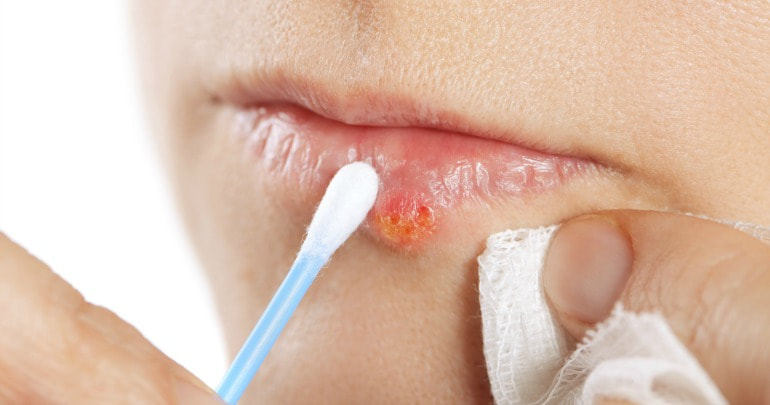
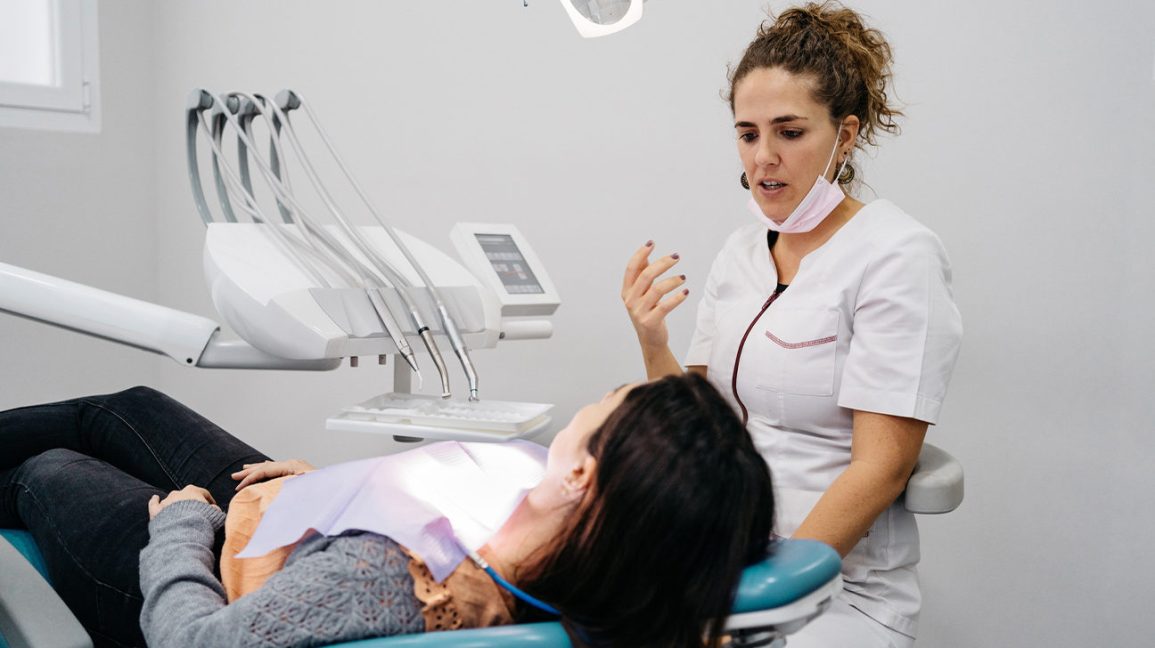
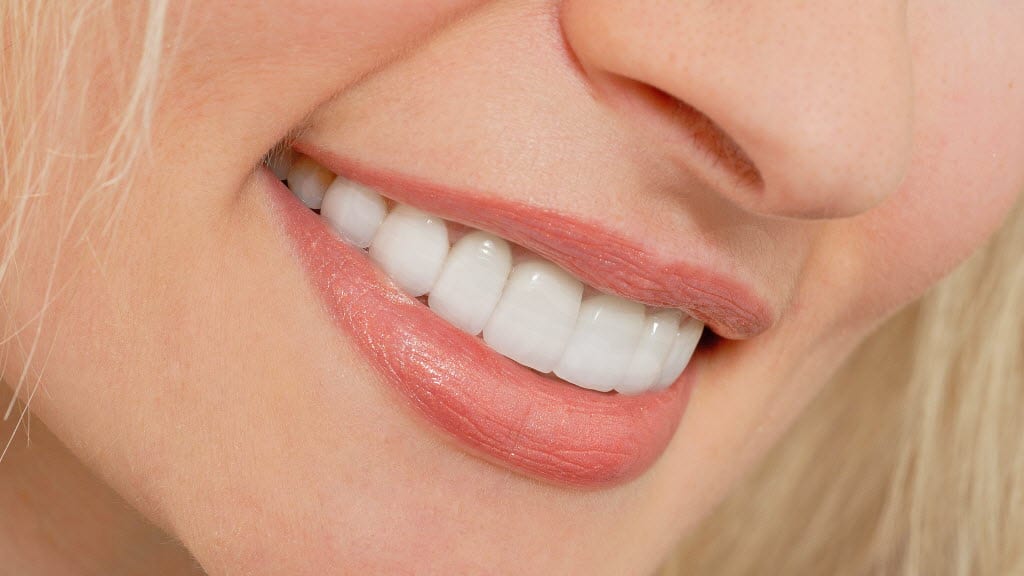

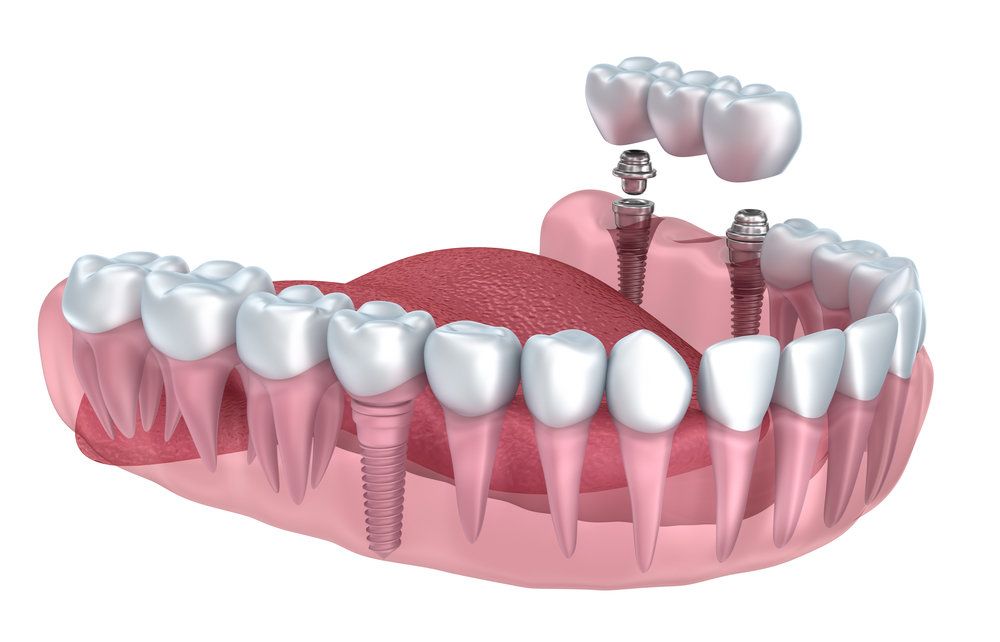
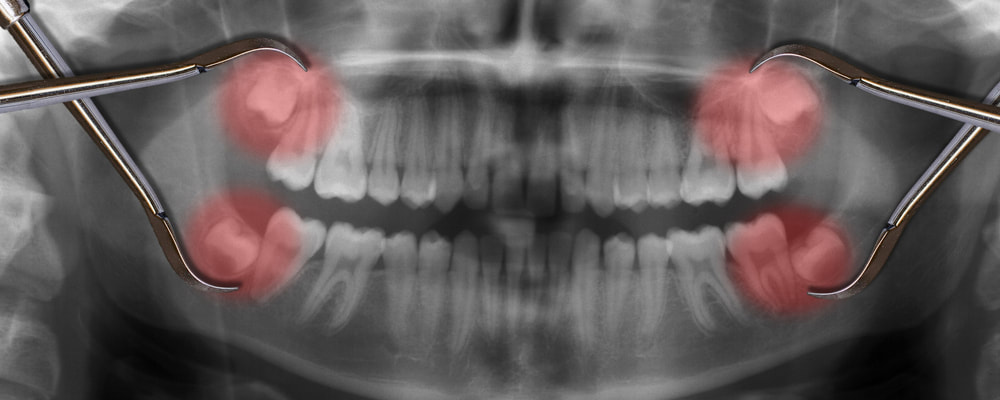
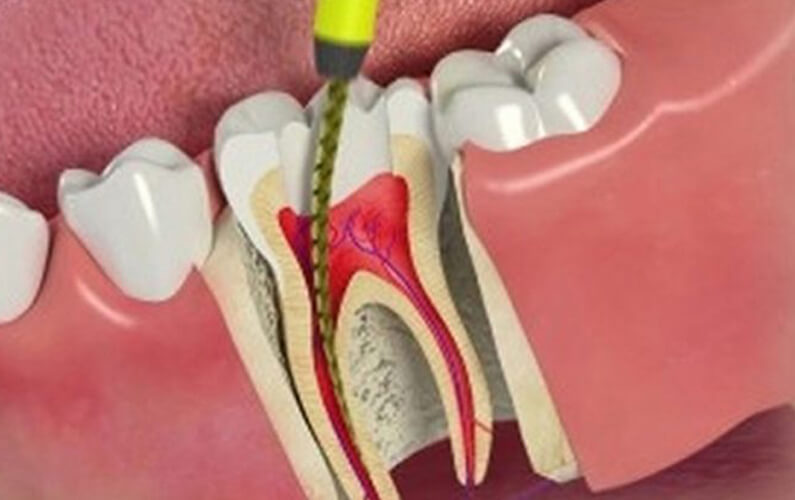


 RSS Feed
RSS Feed
